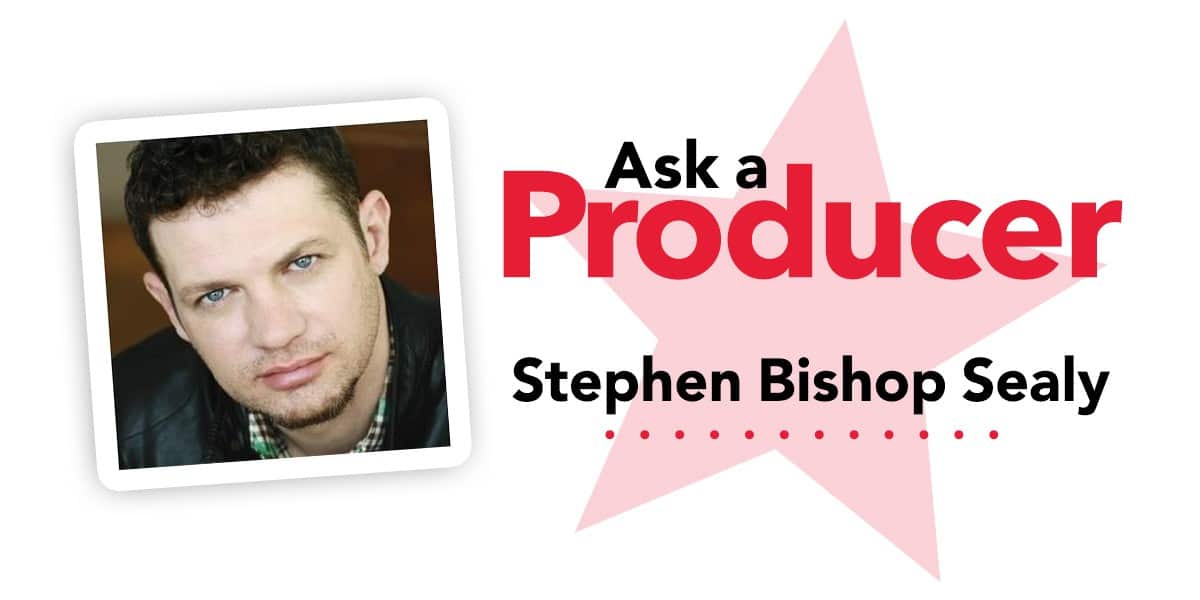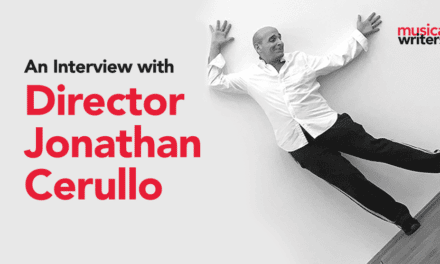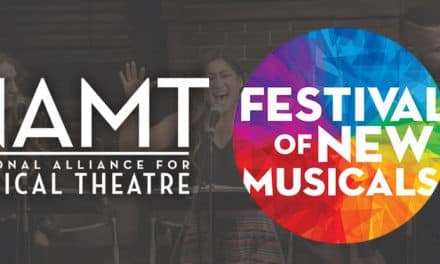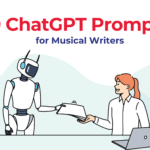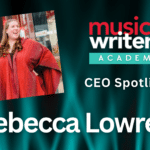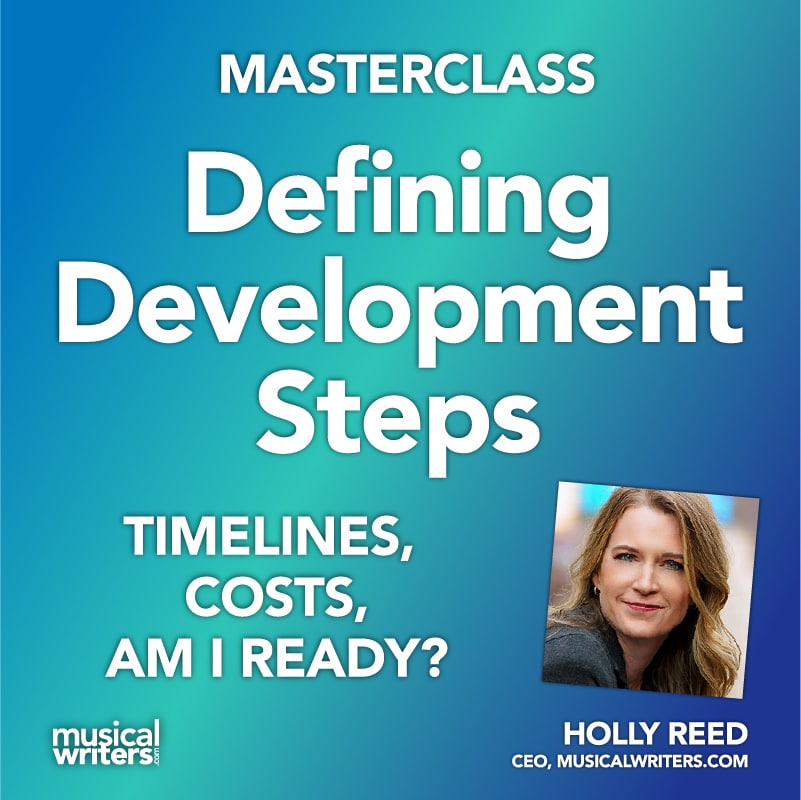“NEVER EAT ALONE. Turn those singular lunches or coffee breaks into networking opportunities…. Every meeting you have with someone will open six new doors and sooner or later you will get a meeting with a person who can help you get your show produced.”
~Stephen Bishop Seely
The next producer on the hot seat is Stephen Bishop Seely. Stephen is the creator of the musical theatre festival SOUND BITES and is currently the Literary Manager for Theatre Now New York. Stephen has provided some AMAZING answers for these common questions.
How do you feel about Crowdfunding projects?
Stephen Bishop Seely: I’ve never Crowdfunded myself, but I have donated to other Crowdfunding projects. I think it’s a great way for friends and family to participate in and support your passion without a significant financial risk. Many people we know don’t have thousands or millions of dollars to throw into a musical but would still like to support our friends’ projects. This is definitely a super way to get all involved. The musical writing group “Thicket & Thistle” has crowdfunded most of their musicals and has been very successful reaching out to the people they know and to strangers who have come across them and are interested to find out more.
Need help setting up a Crowdfunding Campaign? Give us as shout here.
How do you prefer to first connect with a writer?
Stephen Bishop Seely: A first connect for me is a quick email with synopsis, 2 or 3 songs, and possibly 10 pages max of dialogue from the show. If something piques my interest I will contact the writers for the entire script. That next meeting is the most important connection for the writer and that would be my request to a sit-down with the writers. At this sit-down, the writers have a chance to pitch me their musical and also (this is very important) future projects they are working on.
What are the biggest mistakes you see writers make when trying to push their show forward?
Stephen Bishop Seely: I don’t know if there are blanket mistakes writers are making. It really depends on the type of musical you have written and the audience you are trying to reach. Just realize that producing musicals is a collaborative effort. Everyone involved wants the show to succeed. Writers need to be open to ideas coming from a producer or investor. To close that off early really could be detrimental to the piece. I always encourage writers to take a break from being the writer and put on a producer’s hat for a moment. Really be honest. Answer specific questions.
- Why this musical?
- Why now?
- What audience?
- Is this musical any different from what is already being staged or has been produced in the past?
- What does this musical offer that is unique and what does this show do better than any other show that has existed before?
There are no wrong answers. The answers will help you really pinpoint and clarify the next steps to take.
Do producers typically have a preference on cast size?
Stephen Bishop Seely: I think overall, most producers and theatre companies prefer smaller cast sizes. I’m not saying the large cast musical will never be produced, but the smaller the cast size, the cheaper the production. Having a cast of 32 actors in a NYC Broadway or Off-Broadway venue costs a fortune because union actors are expensive and must be used on either contracts. Regional theatres have a little more wiggle room, but not much for larger casts because some of those theatre companies can hire non-union actors along with some union actors. I encourage the writer to familiarize themselves with all the union contracts for actors, stage managers, directors, choreographers, musicians, and other possible unions that might need to be involved in your show. All types of contracts are available online.
MW Tip: Check out these websites for contract information
- https://www.actorsequity.org/resources/contracts/
- https://www.actorsequity.org/resources/Producers/agreements-and-forms/
- https://sdcweb.org/contracts/
- https://www.dramatistsguild.com/advocacy/industry-contracts/
What typically is the first thing that attracts you to a show?
Stephen Bishop Seely: Hands down, the music. Then the lyrics. Then the script/story. The script and lyrics are sometimes easier to fix than the music. The music has to be incredible.
Do you encourage writers to self-produce?
Stephen Bishop Seely: Absolutely. Self-produce, but be smart about it. Be very clear to yourself what you want out of this self-produced production. Do you just want to see your show up on its feet? Do you want to use this production as a way to gain interest from audiences, producers, or agents? Where are you self-producing? A festival, regionally, or in NYC? If you are trying to advertise the show or you as writers of the show – I can’t stress enough to put in your budget some money for PR and Press. Possibly even hiring a well recommended Press Agent to publicize your show. Many producers talk about wanting the premiere of your musical. That could mean NYC premiere, World Premiere, Professional Premiere. Just be aware of that. If you self-produce this might be a wall you hit in the future.
Do you accept invitations to readings?
Stephen Bishop Seely: Yes. I receive hundreds of reading invitations a year. For me, it comes down to schedule and interest. If you do a reading of your musical in NYC—I can’t stress enough—cast either a well-known director or named-actors or both to do the reading. “How can I get named-actors if I don’t know them?” you may ask. You research. Come up with a dream cast. Contact their agents or managers or lawyers and send them the script. Ask. 9 out of 10 times they will say yes. Every actor and director want to be involved in a part of something from the ground up. They would love to continue the relationship as the show gets investors and finally is produced. When it’s produced, the actors would like to be the first one’s hired because they were there from the very beginning. It’s a future paycheck to them. So if you think this musical would be a star vehicle for Mrs. I’m-so-Famous, by all means send Mrs. I’m-so-Famous a script and an offer.
Do you have any preferences or opinions on adaptations vs. jukebox musicals vs. original musicals?
Stephen Bishop Seely: I’m only speaking for myself, but I love original musicals. Commercial producers take a higher risk by producing an original musical. Knowing this, make sure the non-profit theatre companies are aware of your original musical. Especially the companies that are producing original musicals.
Should the writer be required to raise money?
What are the ins and outs of bringing in a co-producer (rich friend!) to help raise money?
Stephen Bishop Seely: These answers all depend what the rich friend wants out of his/her investment. Signed papers are always a great thing to bring to the table. That way everyone knows specifically what their duties are. Lawyers should go over these papers and protect the writers’ interest. In NYC, there are many organizations like Lawyers for the Arts where attorneys work pro-bono to help out artists and writers who can’t afford lawyers. Take advantage of these organizations and services offered to you.
Any other tips and suggestions you have on getting a producer’s attention?
Stephen Bishop Seely: Two more words of advice. Research Producers. Find out what producers or theatre companies that are producing shows that might be similar to your show. The Theatrical Index is an excellent resource to find out more about producers. Remember, most producers have their own shows that they are trying to get produced before they take on other projects.
Also, very important advice, NEVER EAT ALONE. Turn those singular lunches or coffee breaks into networking opportunities. Start inviting your friends who are influencers or connectors to lunch or coffee. Ask for feedback and advise or possibly a connection of a future lunch or coffee break. Every meeting you have with someone will open six new doors and sooner or later you will get a meeting with a person who can help you get your show produced. During those meetings you must show your passion for your work. Passion is contagious. People are willing to help the very passionate. I don’t know if that’s proven or not, but in my experience the more passionate you are about your work the easier for me it is to say, “I’m in!”
Special thanks to Stephen Bishop Seely for taking the time to share these fabulous insights and tips!


